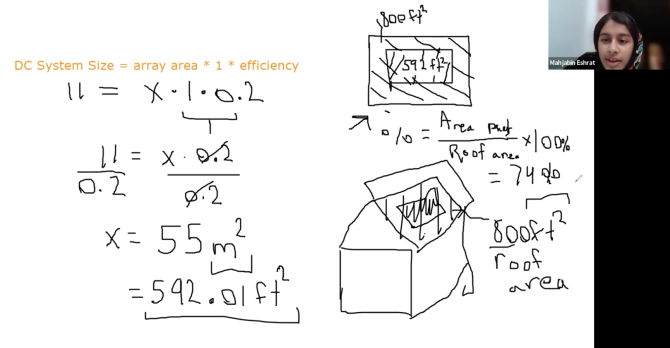News directly from Cornell's colleges and centers
‘You the Engineer’ climate change course opens to Title 1 schools
By Syl Kacapyr
A client on Staten Island is asking for the design of a net-zero carbon, all-electric, 2,000-square foot home that fits their budget. You have one semester to complete the job.
That’s the hypothetical scenario faced by students who take the course Climate Change and You, the Engineer, which not only prepares Cornell students for the challenge of designing a sustainable house, but is now providing the same opportunity to hundreds of high school students from the across the country.
The course is offered asynchronously through eCornell to Title 1 high schools that may not have the resources to offer a variety of advanced placement classes that earn college credits. Through a partnership with the National Education Equity Lab, Cornell began offering the course in 2023 to select high schools in New York, Georgia, Florida and California. This semester, 90 students are enrolled from six high schools located in the New York City area.
“It’s the same exact class I teach in person, so they’ll get a Cornell transcript that will have a grade and three credits,” said Todd Cowen, a professor a civil and environmental engineering who developed and instructs the course. “One of the reasons I wanted to teach it is I'm at that stage in my career where my goal is impact, and this project became an opportunity to bring the course to more students.”
The course covers key issues professionals must consider as the warming Earth challenges them to think differently about civil engineering concepts such as water quality, energy economics and urban infrastructure systems. Before designing a sustainable home, students learn about building materials, insulation, doors, ventilation, heat pumps, solar panels, induction stoves and electric hot water systems.
“They're graded on making sure they deliver on each of the metrics I have them answer,” Cowen said. “They've got to generate more electricity than they use, or at least as much, and they've got to specify insulation, windows and the design so that I know they've done the calculations to understand fairly accurately what the expected energy use is.”
Ultimately, the goal of the online course is to serve as an introduction to the field of engineering and to show young students they can succeed in a college environment, said Trinity Krile, a civil engineering graduate student and course teaching assistant.
“It’s a fantastic opportunity to help students build good study habits and get exposure to how a college course works,” Krile said. “The intricacies of course dynamics, like office hours, lectures and discussions might seem familiar to college students, but for someone who has not taken a college course, these can all be quite confusing at first.”
Krile added that she has been surprised, yet hopeful, to find how invested the students are in sustainability and climate. “This course isn’t just about college credit to them, but about gathering the knowledge and skills to improve the world around them,” she said.
Cowen plans to continue growing the number of high schools and students involved in the course. He said whether students choose to pursue higher education, a trade profession or another career path, he hopes his course serves as a meaningful experience.
“Climate change is an insidious problem that is potentially going to change what it's like for these students when they are 30, 40, 50 years old,” Cowen said. “I'm giving them the tools to be aware of it, talk amongst their communities to help educate people that aren't in this course, and to potentially become part of the solution in some way.”
Media Contact
Get Cornell news delivered right to your inbox.
Subscribe

